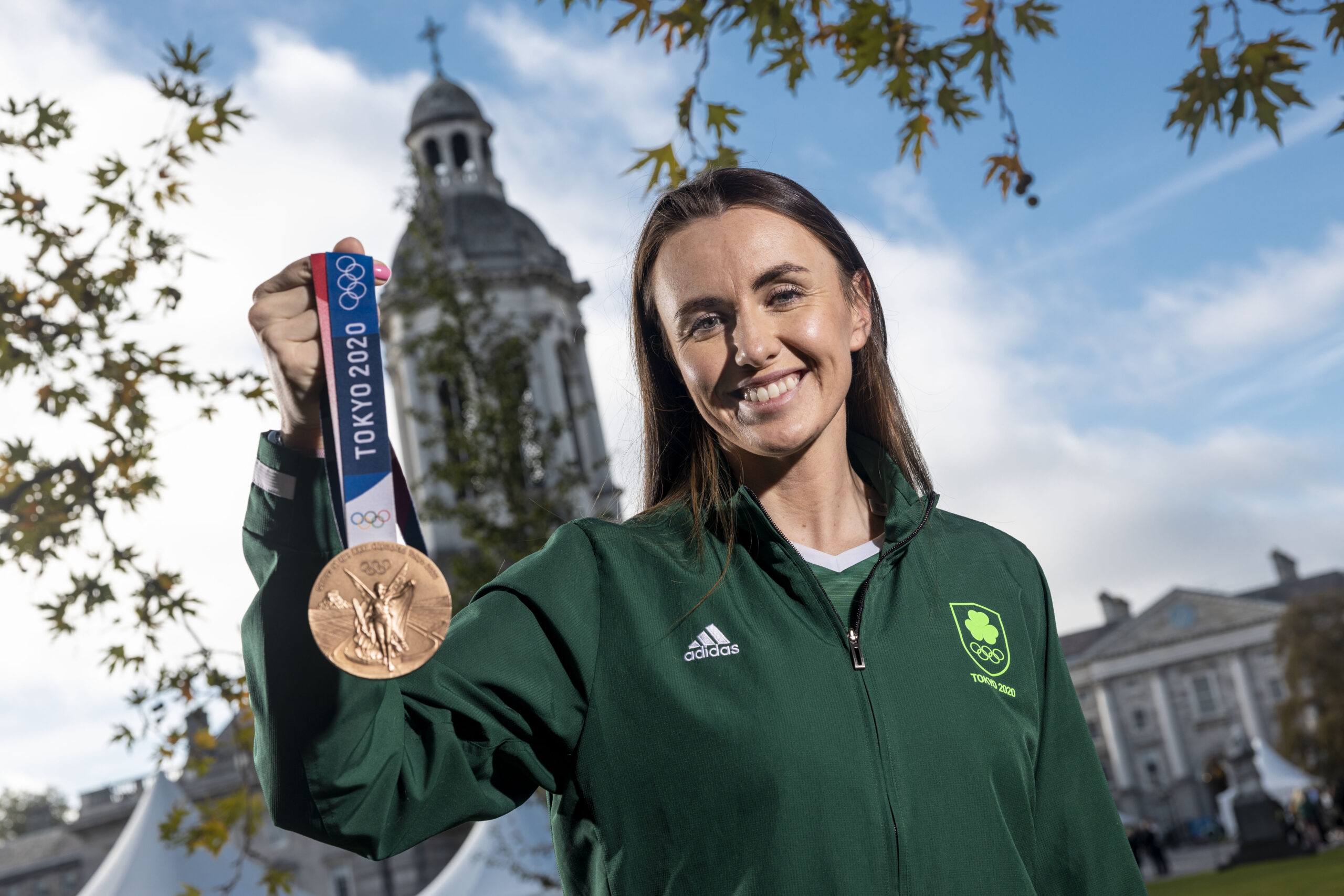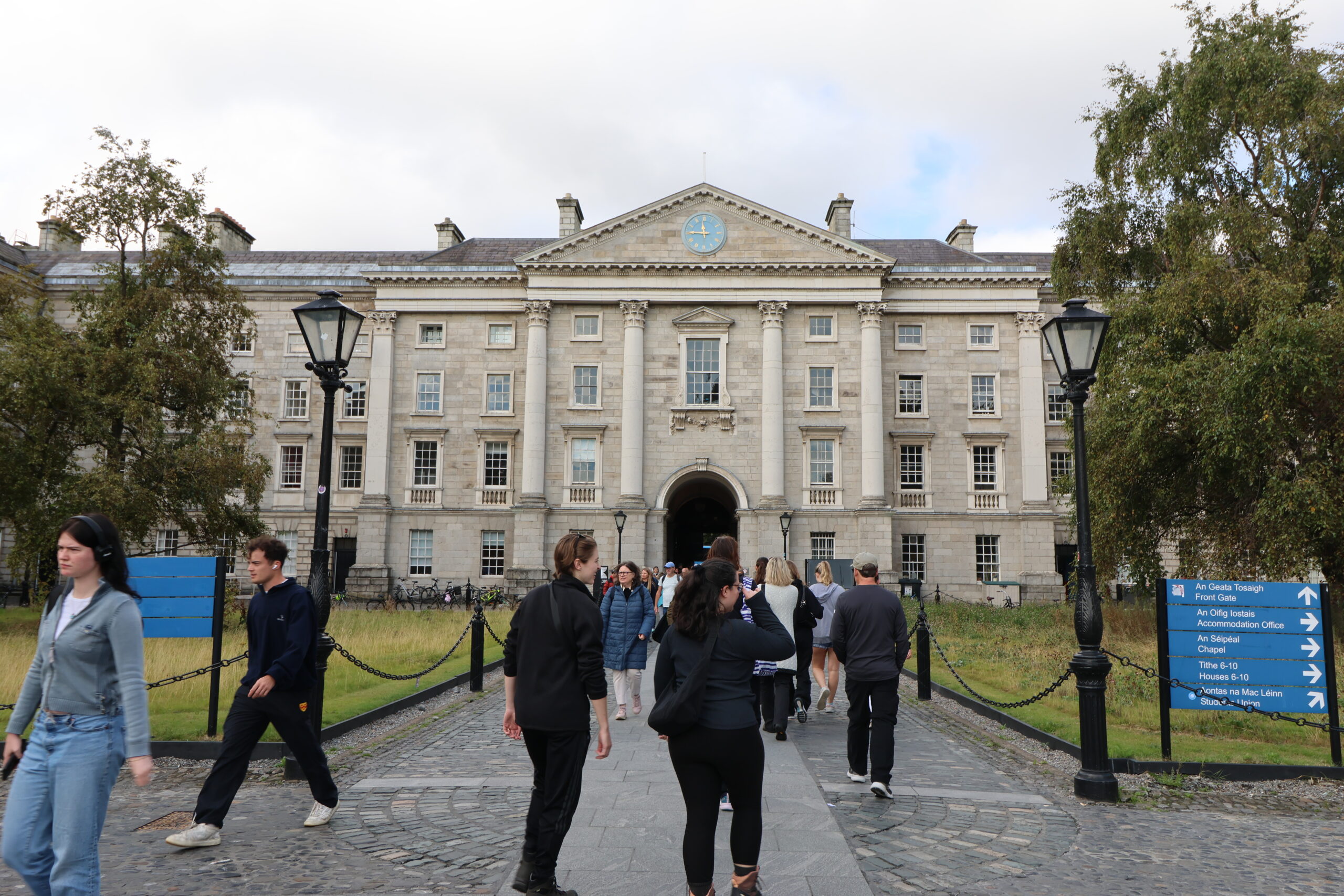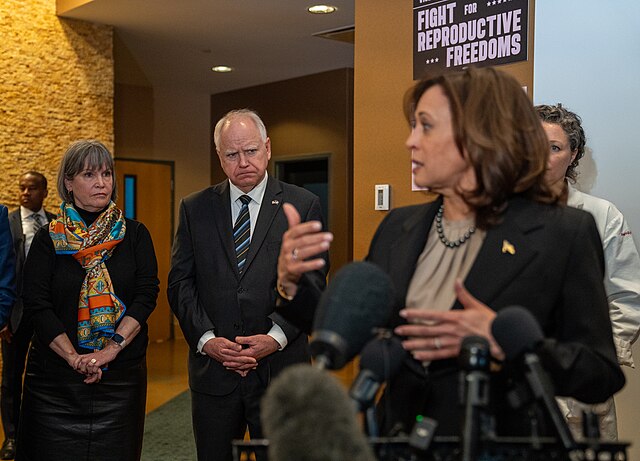One of the two candidates for Editor of The University Times, Charlie Hastings, and I sat down for an interview about his manifesto, goals and visions for the newspaper. Hastings, a current third-year student in English with a minor in Italian, has been working with The University Times since his second semester of first year. He began as Music Editor and then Assistant Editor position in his second year. Hastings is currently Chair of the Editorial Board, after having been away for the first semester of this year.
Hastings begins by sharing why he’s running for UT Editor explaining the three points of his manifesto are accessibility, visibility and communication. He says, “the main part is to recruit more writers and to promote more welfare and accessibility programs for those writers”. Hastings hopes to work closely with the Trinity Ability Co_op and the Trinity access programme, as well as implementing office hours, Letters to the Editor, greatly increasing University Times’ usage of social media and adding an Irish Language Editor.
Throughout our conversation, Hastings return to the idea of supporting his writers,
saying: “I want student mental health to be the number one precedent. It’s about learning how to be a voice in your community. It’s learning how to foster a sense of empathy with the people that you write for. It’s not supposed to kill you with stress.” He plans to address this with welfare meetings at the beginning of each semester where he would tell his writers: “I am here for you. You guys are a part of my team… you guys are my family. I feel like I have an obligation to take care of you… I enjoy doing that.”
Hastings would also work to ensure that issues of a hierarchy are “addressed head-on and expunged completely from the newspaper”. This is an issue he has had personal experience with, having been with UT last year during the “flight of the writers” as he describes it. He explains: “I was fired from The University Times along with the rest of the senior masthead. I was completely disgusted with the concept of hierarchy.” He admits that while a certain degree of hierarchy is required with a publication the size of UT, he feels it both possible and necessary to surmount this by “establishing lines of communication with everybody”. He feels the office hours he would establish would additionally help to support this.
Hastings praises the work of current UT Editor Clara Roche saying: “I think Clara has done such amazing work and I think having the privilege to build on what she’s built.” He points to the Radius and Magazine sections as some particular successes, as well as her work to ensure good working environments for her staff. He also hopes to continue UT’s positive relationship with the Students’ Union, though he would hope to change the clause of the constitution that does not allow for the impeachment of an Editor saying he is uncomfortable with the idea of absolute power. As well, he plans on continuing UT’s tradition of being the only broadsheet format on campus.
Hastings additionally points out things he would potentially change of Roche’s work. Social media is a large point for Hastings as he feels it is currently being underutilised by University Times. Hastings explains with the amount of time Gen Z spends on their phones, it’s important to reach people where they already are. Instagram, for example. Hastings says “We’re not reaching enough people… We don’t post about the right things, and I think we can do a better job. News roundups in Instagram reels, like, every week, we could do a digital broadsheet, links in a Linktree so people can read a broadsheet on their laptop or on their phone”.
Along with increasing engagement through social media content, Hastings would like to see The University Times appeal to more than just Arts students. He states: “We need to be proactive and encourage people from STEM to write, whether that means campaigning physically in those areas or reaching out to professors”, something he sees going hand in hand with his goal of visibility. He asserts that a diverse set of writers brings a diverse set of perspectives to the paper, citing plans to reach out to individual societies, such as Fem Soc, Q-Soc and the Afro-Caribbean Society.
Hastings would also establish an additional Editor who would specifically cover underrepresented groups and communities on campus, including ethnic minorities, gender minorities, LGBTQ+, and people with disabilities. He points out that this is extremely important as “campus is a really big place and simultaneously a really small place. I want to work towards making it a small space by showing how big of a space it is”.
He additionally feels very strongly about the inclusion of an Irish Language Editor, a priority for his potential tenure, saying the lack of inclusion of the Irish language on UT’s part is a massive shame. To this point, Hastings would also work to improve advertising saying “there’s plenty of people who want to do marketing on this campus… it would be so easy to get money to do things like get articles professionally translated to Irish”.
Hastings would additionally work to improve the experience and quality of work from his writers with clearer journalistic expectations. Hastings would implement “Journalism 101” meetings to address issues such as right of reply and freedom of information requests among others. He also plans to add an index to the editorial clause given the website which he calls “very verbose and very daunting”. He feels this, plus a more organised style guide, would make writing for UT more accessible and welcoming.
I ask Hastings what experience makes him an ideal candidate. Hastings replies that the key word would be experience. He explains, “I think I have a unique perspective because not only have I been writing for UT for such a long time, I’ve also seen a lot happen. It’s taught me a lot about what not to do. I think that’s key towards being in an editor role, because I know what has to be done, because I’ve seen what happens when it’s not”. Hasting feels that this experience with UT gives him an edge as he’s had “more of an opportunity to write, to understand the style guide of the paper… the editorial process of the paper…how we recruit writers”. Hastings adds, “I’ve seen the paper from all angles”, a factor he believes sets him apart the most from his competitor.
Hastings’s main desire for UT can be summed up in his hopes to be a part of “a dynasty of a nice, healthy, civil work environment”. He explains, “I want to be part of that journey for people. Nobody was really part of it for me. I don’t want people to have the same doubts about this industry that I did because they didn’t get the resources they needed”. He states that being UT editor would “mean everything”, saying that with him in the role, “the paper will be better, people will read us, people will feel more heard, people will be more inclined to write for us, the writers we already have will feel better about writing for the paper, we’ll be less stressed, we’ll do better work”.








